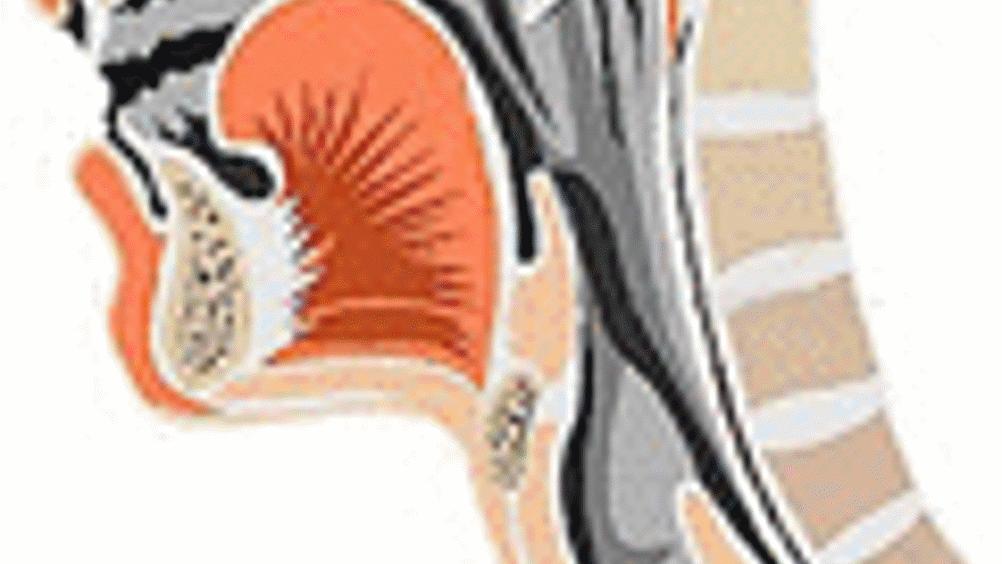Help for dysphagia
A self-sensing device that accurately measures food consistency to help control the diet of people who have difficulty swallowing is being developed at University College London.

A cheap, self-sensing device that accurately measures food consistency to help control the diet of elderly people who have difficulty swallowing is being developed by researchers at
(UCL).
People with dysphagia — disorders that affect a person's ability to swallow — as a result of a stroke or cancer of the head or neck, are prescribed fluid foods of a particular thickness so they can be swallowed safely.
At present, the required viscosity of food, which varies from person to person, is prescribed by speech and language therapists and interpreted by nurses using subjective terms such as 'honey thick'. The new device would enable consistencies to be defined exactly.
'A few years ago, I made a little gadget that was able to move and provide force, and at the same time it could sense how much force it was applying and how much it was moving without any force or displacement sensors,' said Dr Ben Hanson at UCL. 'It is basically a coil of wire and a magnet, and not much else.'
Register now to continue reading
Thanks for visiting The Engineer. You’ve now reached your monthly limit of news stories. Register for free to unlock unlimited access to all of our news coverage, as well as premium content including opinion, in-depth features and special reports.
Benefits of registering
-
In-depth insights and coverage of key emerging trends
-
Unrestricted access to special reports throughout the year
-
Daily technology news delivered straight to your inbox










Pipebots Transforming Water Pipe Leak Detection and Repair
Fantastic application.